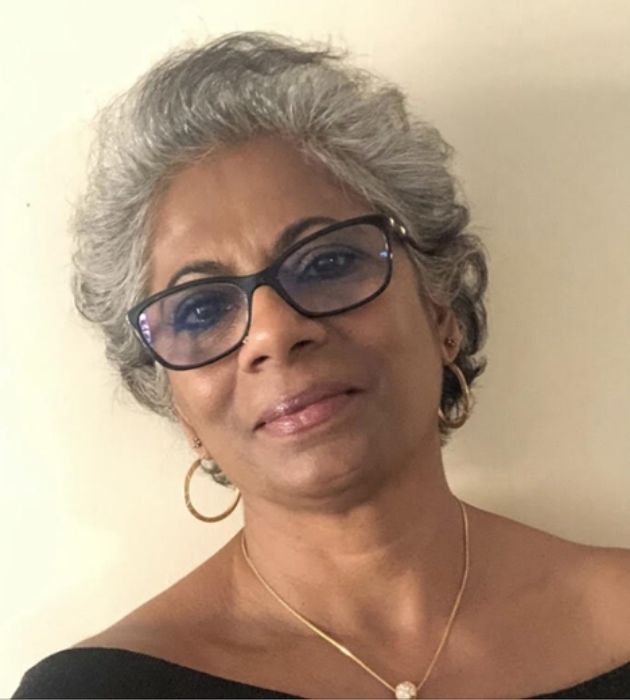
How Can We Dismantle Health Inequity Together? My experience of speaking at the National Voices’ conference.
Sandra Jayacodi
- How Can We Dismantle Health Inequity Together?
- Health inequalities
- Lived experience
I spoke about poverty and health inequities following my own experiences of failing to access care or manage my health due to stigma, culture, poverty and lack of confidence. Sir Michael Marmot spoke on ‘Why we need to build back Fairer’ and Jo Bibby spoke on ‘How to build back Fairer.’ My own understanding of poverty and health inequities just scratches the surface and every person has a different experience of health inequity, it is not a blanket term.
Hearing Sir Michael Marmot talk about the implication of the current social benefit system especially universal credit – and its implication on health -and Jo Bibby placing significant importance on working collaboratively with charities and voluntary sections were real eye openers. Their talks triggered some important questions, such as how charities, voluntary sectors, local communities and members of the public can also play a vital role either on their own or working in partnership to combat health inequities.
The afternoon workshop on ‘Poverty and Mental Health: exploring the problem’ and ‘using partnerships and peer-led approaches to tackle health inequities’ were thought-provoking and insightful. Maureen spoke bravely about normalising mental health which I welcome. I have provided peer support services as a befriender and the benefits are overwhelming. One thing that I will take home from this conference as an individual and member of the public is the importance of empowering people in my community to understand that our own circumstances impact our health. Although this alone will not reduce or eliminate health inequities, talking about it openly is a necessary start.
When people are empowered to understand that circumstances like poverty, stigma, unemployment, poor living condition, education, language barrier or much more can lead to poor health, they will be able to address and seek the necessary support and assistance without feeling intimidated. It is crucial that health inequities are therefore spoken about in lay languages that individuals can understand and that professionals do not assume it is one size fits all. I was hopeful to see that the journey to breaking these barriers has begun and we should not lose sight of it.